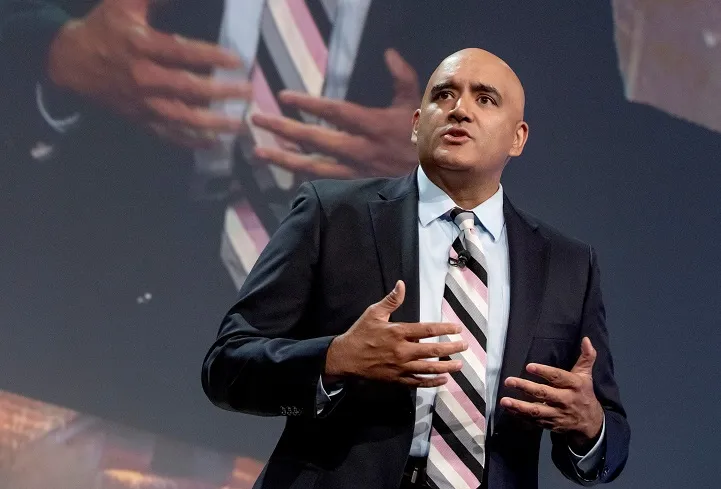The first step towards a long-awaited reform of Tijuana’s antiquated and inefficient public transportation system is scheduled to begin early in 2013, with the construction of a 10.5 mile rapid-transit bus route linking the San Ysidro border to the eastern El Florido area of the city. The city is currently served by a disorganised network of buses and taxis. The US$123 million project, known as Ruta Troncal Número 1, is expected to serve more than 120,000 residents a day. Mexico’s federal development bank,
January 2, 2013
Read time: 2 mins
The first step towards a long-awaited reform of Tijuana’s antiquated and inefficient public transportation system is scheduled to begin early in 2013, with the construction of a 10.5 mile rapid-transit bus route linking the San Ysidro border to the eastern El Florido area of the city. The city is currently served by a disorganised network of buses and taxis.
The US$123 million project, known as Ruta Troncal Número 1, is expected to serve more than 120,000 residents a day. Mexico’s federal development bank, Banobras, is contributing about 30 per cent of the cost and the city of Tijuana paying an equal amount, with the remainder financed by the private sector.
Mayor Carlos Bustamante, who signed the agreement with Banobras in Mexico City, said passengers will save time and money with the new system. The cost of riding on the rapid-transit buses will be about half of the fare for existing routes, he claimed.
The new system “is a modern project, that will dignify the task of transport workers, and bring immediate benefits to Tijuana residents,” commented Bustamante, who has said that improving public transportation would be a priority of his administration.
The new route is being built alongside the Tijuana River channel. There will be no vehicle or pedestrian crossings along the bus route, so transportation “will be safer and faster,” said Roberto Díaz García, head of Tijuana’s municipal property trust. The city is planning fourteen pedestrian bridges and three vehicular bridges in connection with the new route.
One of two bus rapid transit routes planned by the city’s municipal government, work on the first is scheduled to begin in February, and to be completed at the beginning of 2014.
The US$123 million project, known as Ruta Troncal Número 1, is expected to serve more than 120,000 residents a day. Mexico’s federal development bank, Banobras, is contributing about 30 per cent of the cost and the city of Tijuana paying an equal amount, with the remainder financed by the private sector.
Mayor Carlos Bustamante, who signed the agreement with Banobras in Mexico City, said passengers will save time and money with the new system. The cost of riding on the rapid-transit buses will be about half of the fare for existing routes, he claimed.
The new system “is a modern project, that will dignify the task of transport workers, and bring immediate benefits to Tijuana residents,” commented Bustamante, who has said that improving public transportation would be a priority of his administration.
The new route is being built alongside the Tijuana River channel. There will be no vehicle or pedestrian crossings along the bus route, so transportation “will be safer and faster,” said Roberto Díaz García, head of Tijuana’s municipal property trust. The city is planning fourteen pedestrian bridges and three vehicular bridges in connection with the new route.
One of two bus rapid transit routes planned by the city’s municipal government, work on the first is scheduled to begin in February, and to be completed at the beginning of 2014.










